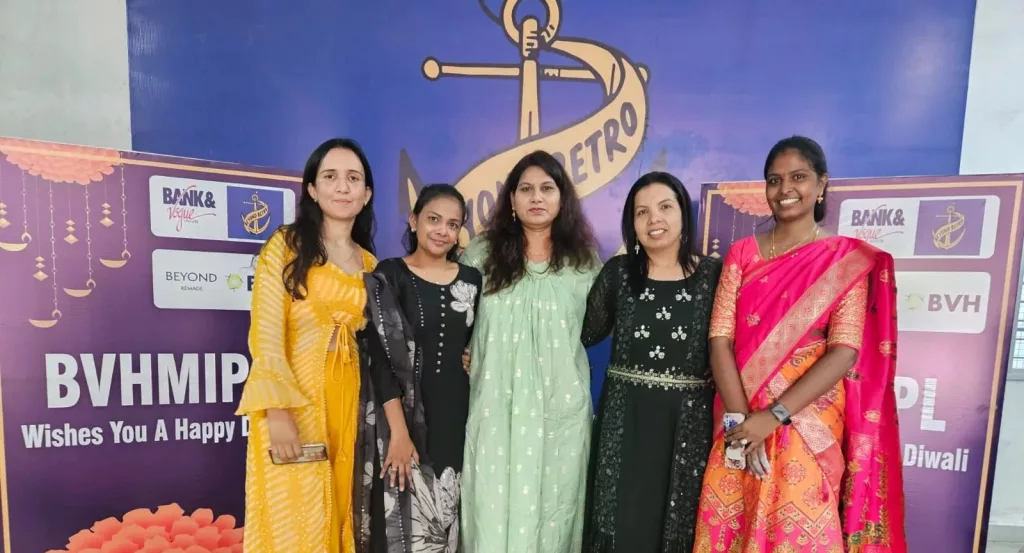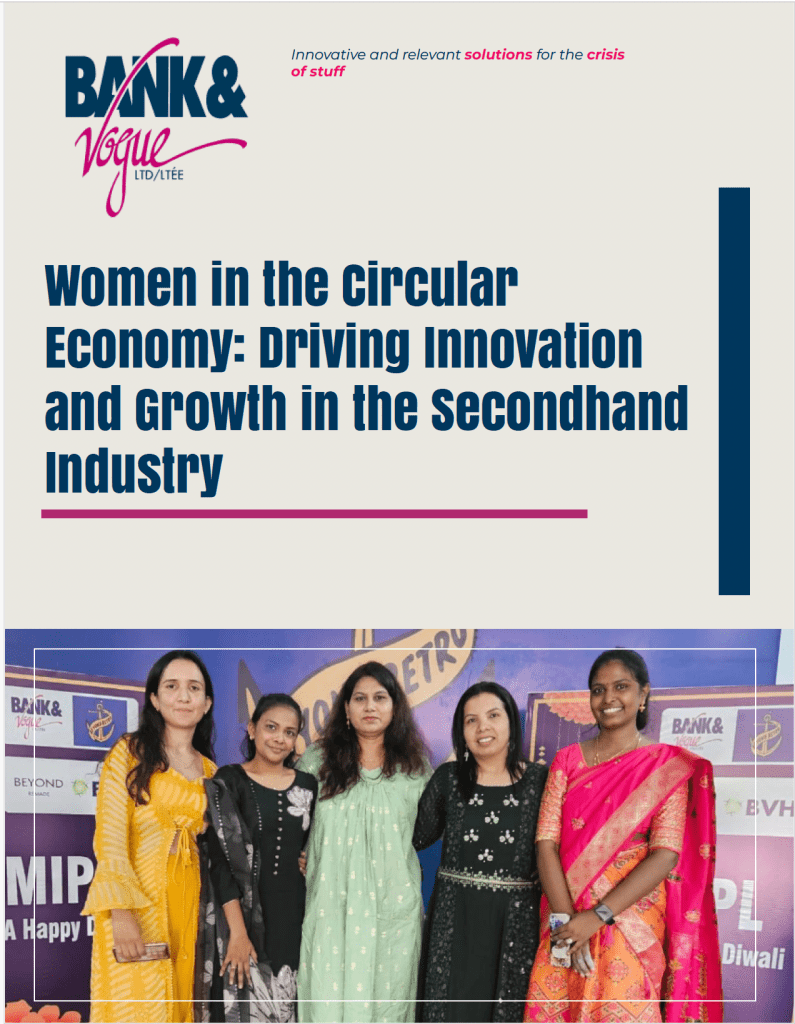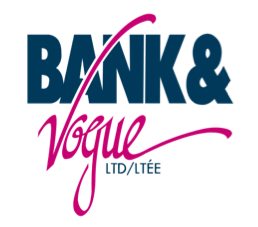Introduction
The circular economy is reshaping industries worldwide, and the secondhand clothing sector is at the forefront of this transformation. Women play a pivotal role in this movement, leading initiatives in wholesale, retail, and sustainable fashion innovation. This white paper explores the impact of women in the secondhand industry, highlighting their leadership, challenges, and contributions to a more sustainable future.
The Growing Role of Women in the Circular Economy
Women have been instrumental in the growth of the secondhand clothing industry, from grassroots initiatives to corporate leadership. Many women entrepreneurs have founded resale businesses, secondhand marketplaces, and upcycling ventures, driving sustainability and economic growth.
- BVH’s Women-Led Factory in India: Bank & Vogue Holdings (BVH) operates a facility in Adipur, Gujarat, India, where vintage clothing is sorted for Beyond Retro stores and Label product manufacturing. This facility is led by women, reflecting BVH’s commitment to gender diversity in leadership within the circular economy.

- Support for Karuna Girls Orphanage: BVH actively supports the Karuna Girls Orphanage in Adipur, Gujarat. This institution provides formal education and essential support to approximately 50 girls aged 5 to 20, empowering them to grow into bright, young women. BVH’s fundraising efforts help offset housing and education costs, ensuring a nurturing environment for these girls.
- Global Diversity Commitment: BVH emphasizes diversity and inclusion across its global operations. The company actively engages in community work worldwide, reinforcing its dedication to creating a sustainable and equitable circular economy.
Key Challenges for Women in the Secondhand Industry
Despite their significant contributions, women in the circular economy face challenges that can hinder growth and scalability.
- Access to Funding and Investment: Women entrepreneurs often face significant challenges in securing funding. In 2024, female-founded teams secured only 1.8% of the UK’s equity investment compared to 86% for all-male teams.
- Regulatory Barriers and Market Limitations: Trade policies and import restrictions can create challenges for women-led secondhand businesses looking to scale internationally.
- Balancing Sustainability with Profitability: Many women-led ventures prioritize sustainability, but maintaining financial viability remains a constant challenge.
Success Stories: Women Leading the Change
1. Women-Owned Wholesale Businesses
Female entrepreneurs have established successful secondhand wholesale operations, ensuring high-quality sorting and ethical supply chain practices.
2. Social Enterprises Empowering Women
Organizations like I Was A Sari employ around 300 women, transforming old saris into unique fashion items, thereby providing livelihoods and promoting cultural heritage.
3. Upcycling and Sustainable Design
Women designers involved in initiatives like The Renewal Workshop are transforming discarded textiles into high-value fashion pieces, demonstrating how creativity and circularity can go hand in hand.
Strategies to Support Women in the Secondhand Industry
For the circular economy to thrive, stakeholders must actively support women in secondhand wholesale and resale through:
- Funding and Investment Opportunities: Addressing the funding gap is crucial. Initiatives like Revenge Capital, a £50 million investment fund, aim to support female entrepreneurs in the UK, addressing disparities in funding.
- Networking and Mentorship: Industry events, mentorship programs, and business incubators designed to support women in the secondhand trade are essential for growth.
- Policy Advocacy: Ensuring trade policies and regulations support rather than hinder the growth of secondhand businesses, particularly those led by women.
Conclusion
Women are driving the secondhand industry forward, making significant contributions to the circular economy through leadership, innovation, and sustainable business practices. By addressing barriers and providing targeted support, the industry can continue to benefit from the creativity and resilience of women entrepreneurs, ensuring a more sustainable and equitable future for the secondhand market.








